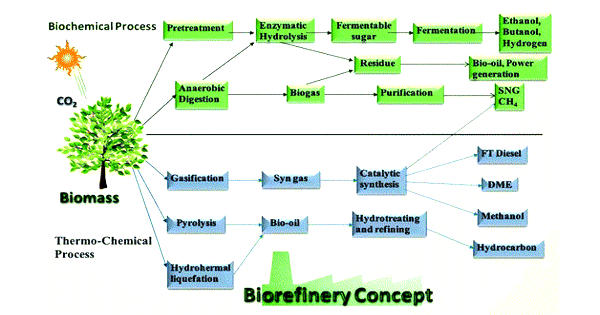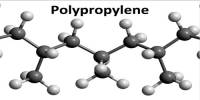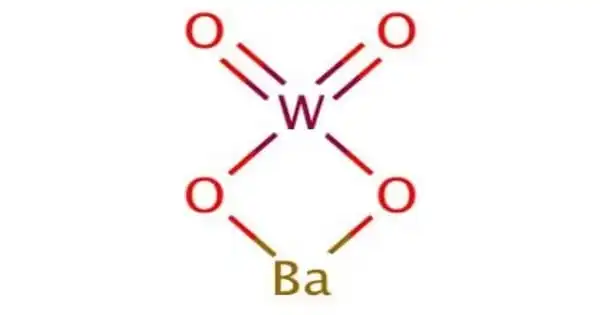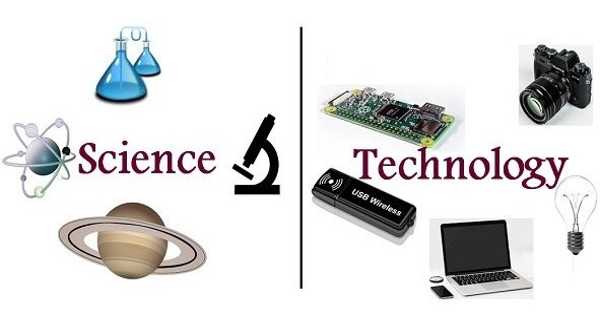Biorefining is the process of “building” multiple products from biomass as a feedstock or raw material much like a petroleum refinery that is currently in use. It involves the integrated processing of renewable feedstocks into a spectrum of marketable products: food, feed, fuels, chemicals, heat, and power, making full use of the potential of biomass. It is a facility that integrates biomass conversion processes and equipment to produce transportation biofuels, power, and chemicals from biomass. The economical viability of the biorefinery platform can be realized once the surplus protein waste is recycled in a circular economy scenario.
A biorefinery is a facility like a petroleum refinery that comprises the various process steps or unit operations and related equipment to produce various bioproducts including fuels, power, materials and chemicals from biomass. A great fraction of worldwide energy carriers and material products come from fossil fuel refinery. Because of the on-going price increase of fossil resources, their uncertain availability, and their environmental concerns, the feasibility of oil exploitation is predicted to decrease in the near future. Biohydrogen for example, is a sustainable form of energy that can be produced from organic waste through fermentation processes involving dark fermentation and photofermentation.
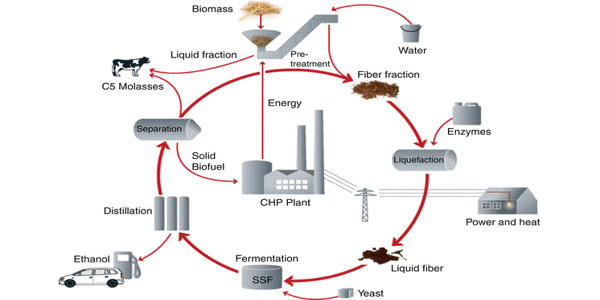
Therefore, alternative solutions able to mitigate climate change and reduce the consumption of fossil fuels should be promoted. The replacement of oil with biomass as raw material for fuel and chemical production is an interesting option and is the driving force for the development of biorefinery complexes. This bioenergy is quite often included as a part of a biorefinery approach, which reclaims organic wastes that are abundant sources of renewable and low-cost substrate that can be efficiently fermented by microorganisms. In biorefinery, almost all the types of biomass feedstocks can be converted to different classes of biofuels and biochemicals through jointly applied conversion technologies.
Industrial biorefineries have been identified as the most promising route to the creation of a new domestic biobased industry producing entire spectrum of bioproducts or bio-based products. The biorefinery concept embraces a wide range of technologies able to separate biomass resources (wood, grasses, corn, etc.) into their building blocks, (carbohydrates, proteins, fats, etc.) which can be converted to value-added products, biofuels, and chemicals.
Biomass has various components such as lignin, cellulose, hemicellulose, extractives, etc. The biorefinery concept is analogous to today’s petroleum refinery, which produces multiple fuels and products from petroleum. Biorefinery can take advantage of the unique properties of each of biomass components enabling the production of various products. The elemental and chemical structure of biorefinery raw materials differs from that on which the current fossil refinery and chemical industry is based. The various bioproducts can include fiber, fuels, chemicals, plastics etc.
Information Source:
